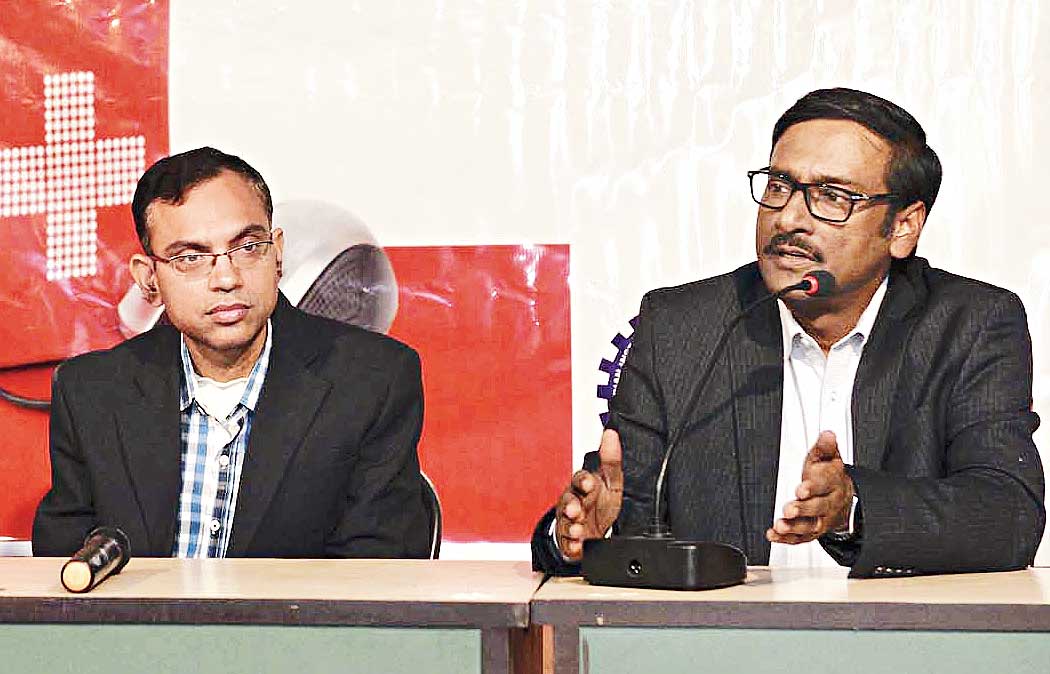IIT Kharagpur will set up a research centre at its upcoming 400-bed super speciality hospital in the town to develop technologies for manufacturing machines that would help make medical tests affordable and accessible.
The health-care system in the country is dependent mostly on imported devices and machines and this makes medical treatment costly and almost inaccessible to many people, Satadal Saha, the visiting professor of the IIT’s School of Medical Science and Technology, said.
“Access to quality primary health care is a major challenge in our country because more than 80 per cent of the health-care technology is imported. Our project aims to address this problem,” Saha said.
Technology transfer is not something new for an institute like IIT Kharagpur, though, Saha said.
The uniqueness of the new centre is that it will be constantly working with manufacturing units to help them produce high quality products, maintain highest precision and compete in the global market, he said.
The new centre called the Common Research and Technology Development Hub will operate in collaboration with the Centre’s Department of Scientific and Industrial Research.
The Centre has allotted substantial funds for the project, Saha said.
After developing the advanced technologies, the scientists of the institute will identify potential entrepreneurs in Bengal and help them establish the infrastructure to develop the devices and train them in quality control measures, Suman Chakraborty, the head of the IIT’s School of Medical Science and Technology, said.
“Many scientists of various departments of our institute have been working on health-care technologies for a long time. Many of these researches are focused on making health care more affordable and accessible,” Chakraborty said.
“Our intention is to tap potential entrepreneurs who can apply the advanced technologies we are developing in the institute. We hope the accessibility issue will be addressed to a great extent if they manufacture health-care machines and devices using our technology.
Chakraborty is the project’s principal investigator.
After the creation of prototypes and validation of the products by regulatory bodies, the institute will take forward the researches for further development of the products.
The availability of health care in rural areas is far less than urban areas, Saha said. “The project emphasises on ensuring the new health-care devices reaches the rural areas as well.”
The institute has already identified 15 potential manufacturing units in Bengal.
A group of scientists from four departments of the institute held a meeting with several of the state’s micro small and medium units in Calcutta on Friday to find out if they would be able to manufacture machines applying the new technology.











